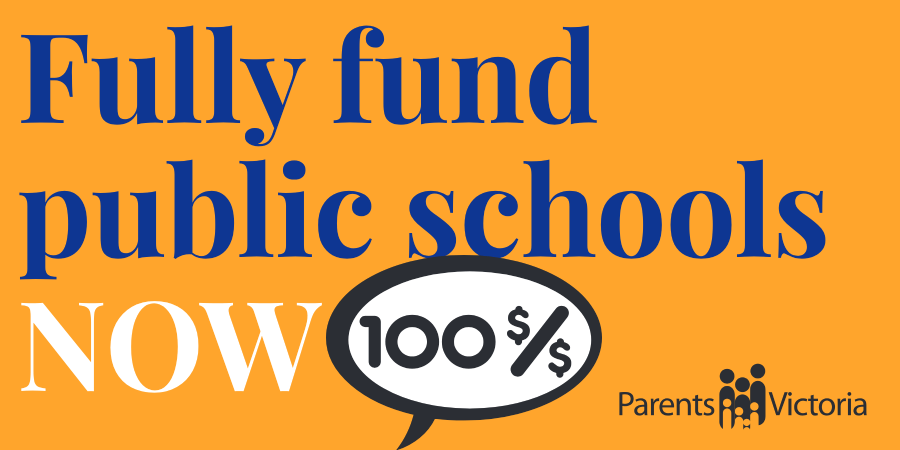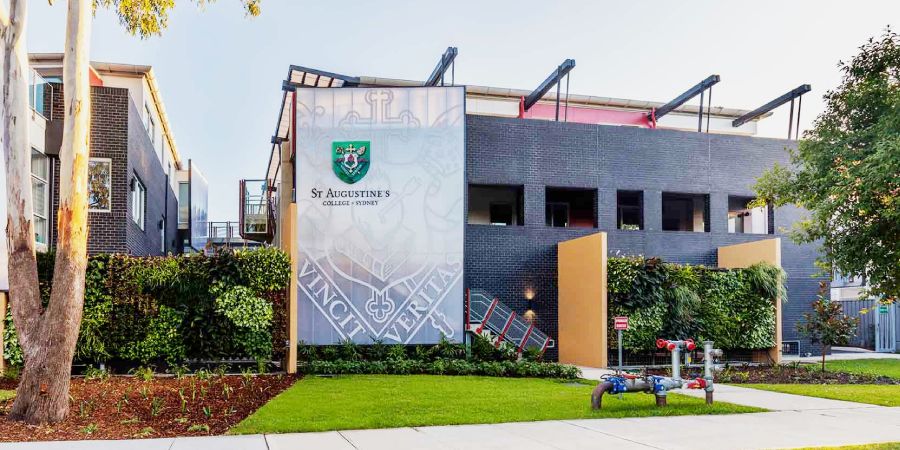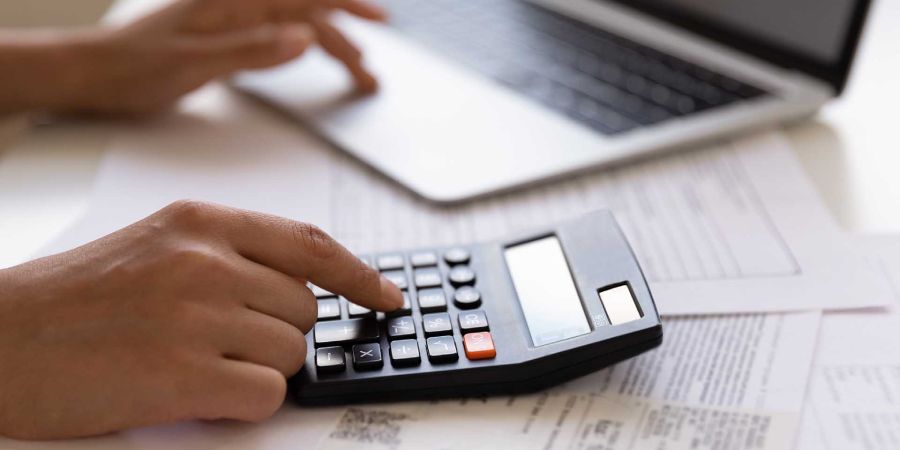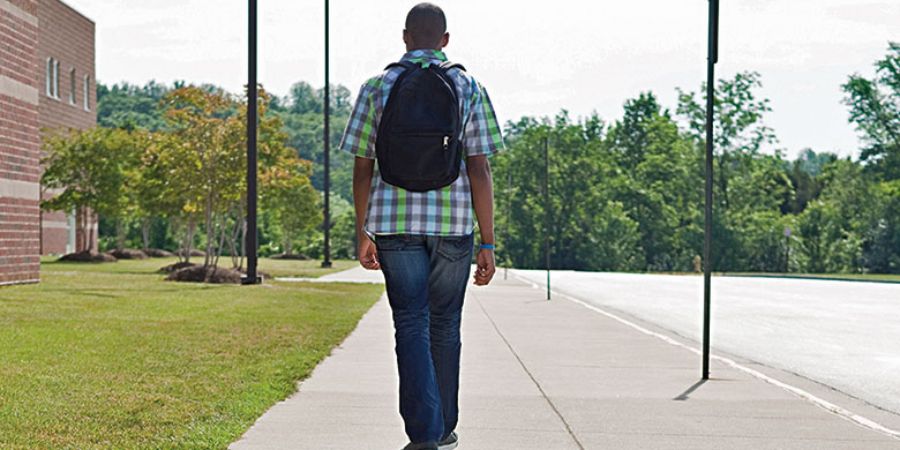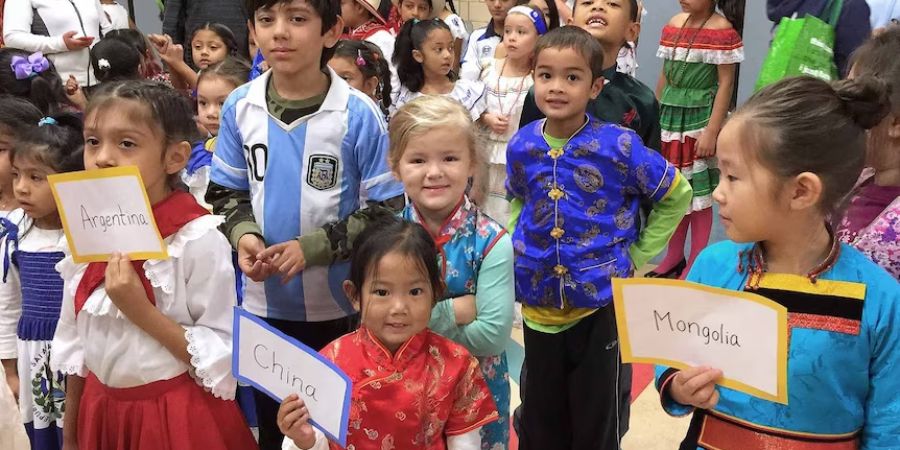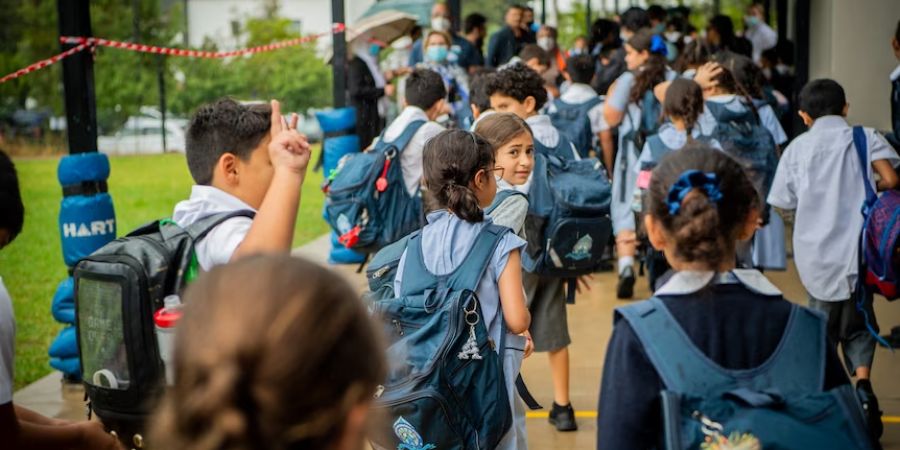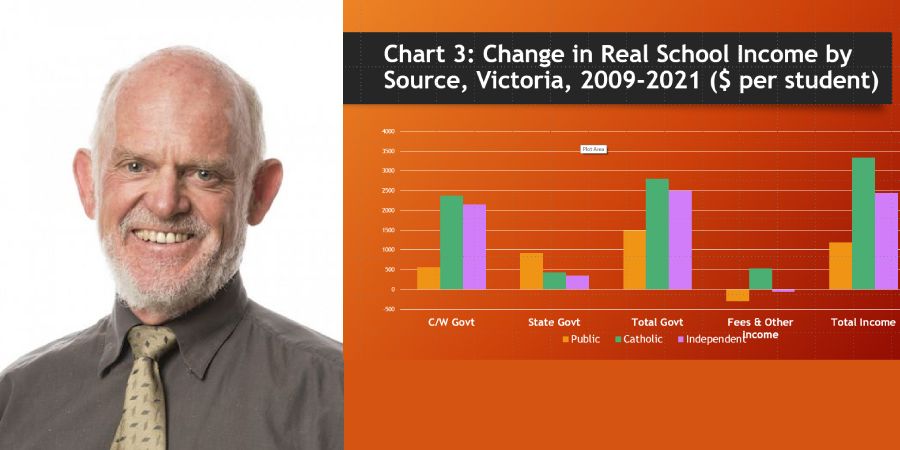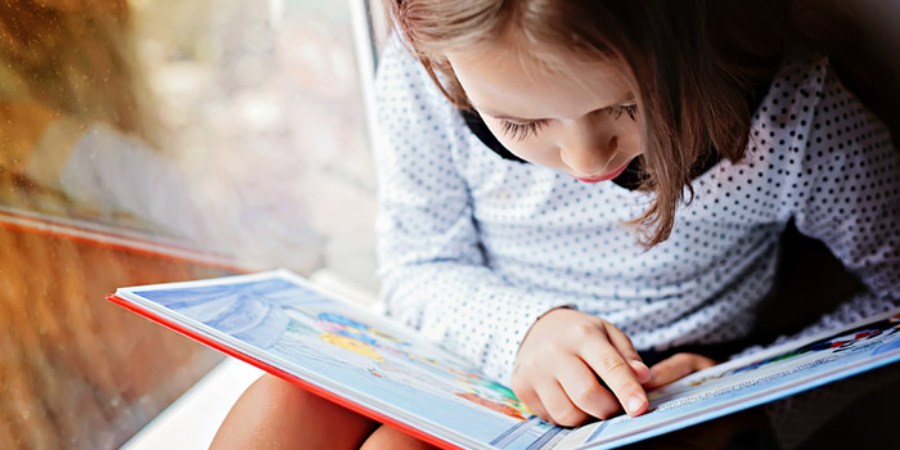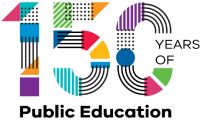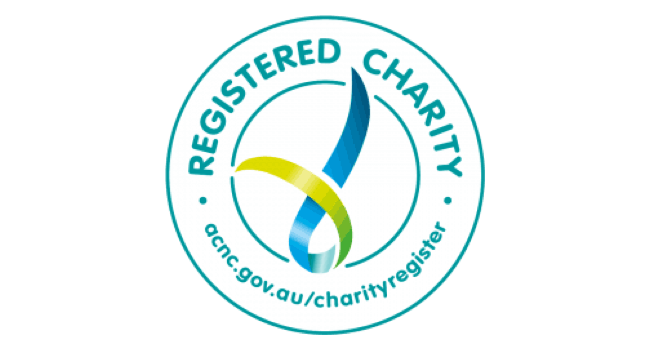Latest news & views
Parents, it's time to take action!
Student drop-out rate: PV media comment
Overfunding of wealthy private schools
Parent levies - PV media comment
Public schools lose $2billion - 'accounting tricks'
School absence - PV media comment
Featured issues
Beyond 'visible' diversity
The DOGS High Court case
Why we chose to send our children to public school
The facts about school funding in Victoria
School refusal: "Prioritise relationships"
Grattan Institute: we need a 'reading revolution'
150 years of public education in Victoria
Featured sections
Family
Engagement
Why parent-school partnerships are so important for kids, parents and schools.
Relationship Based Education
Why children need quality relationships to learn and thrive.
Parent Club Toolkit
Information, tips and templates to help you set up and manage a successful Parent Club.
Parents Victoria Membership
Why you should join us!
Parent Clubs, individuals and schools can be members.
Campaigns
Parents Victoria supports or participates in the following campaigns.

For Every Child campaign
This campaign is calling for full funding of all public schools. The campaign is led by the Australian Education Union and supported by groups representing
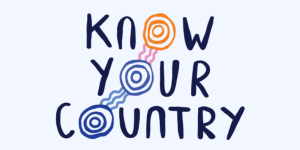
Know Your Country campaign
The campaign is calling for funding for all primary schools to employ locally approved, First Nations Cultural Educators.
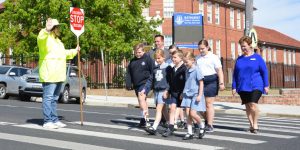
40km/h limit: RACV campaign
Parents Victoria supports the RACV’s call for all schools to have 40km/h speed limits on adjacent roads.

